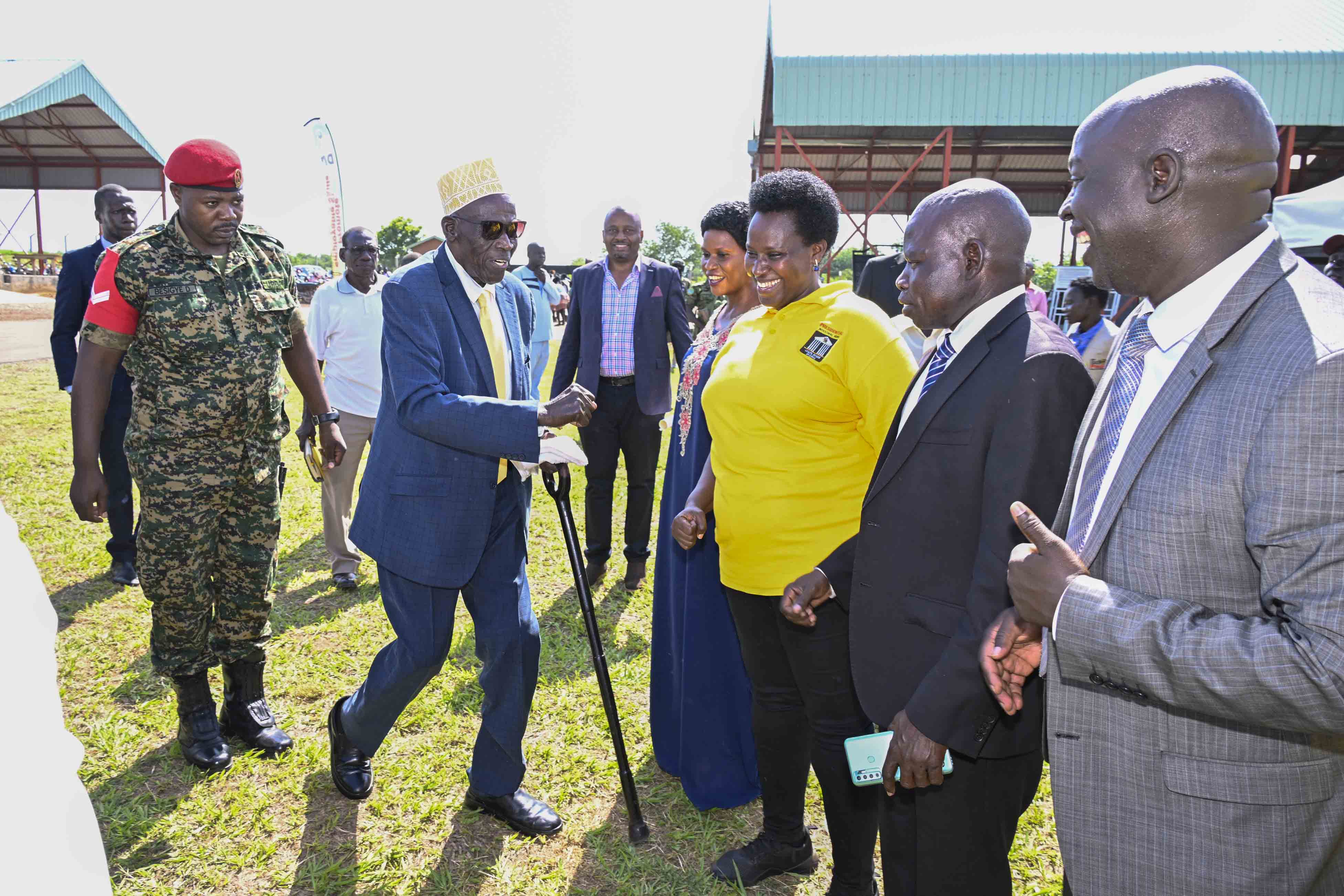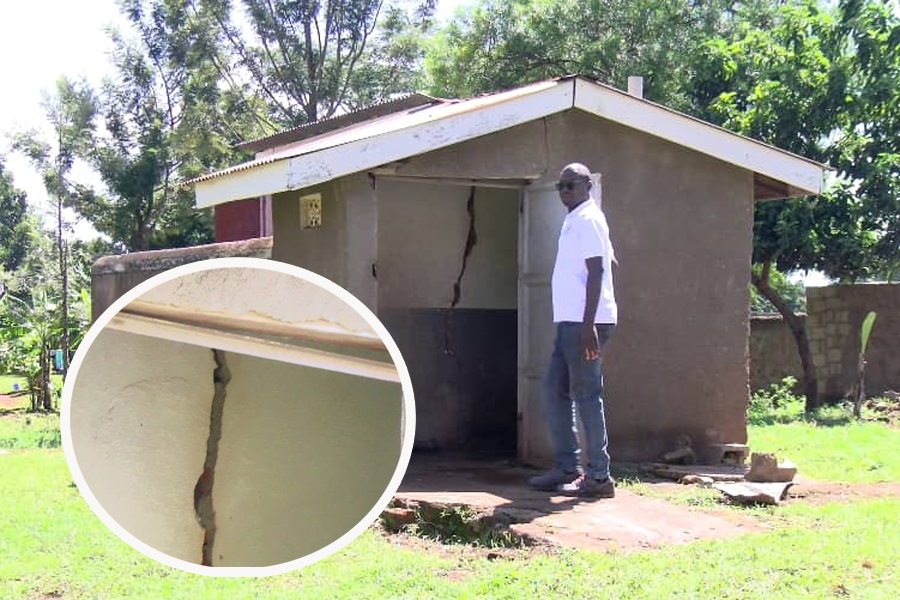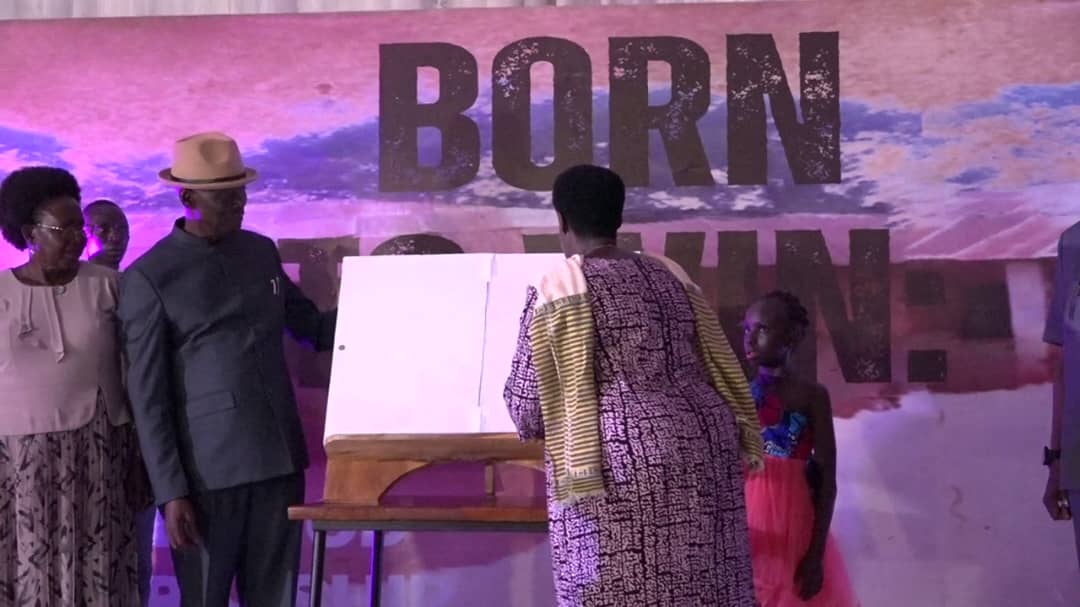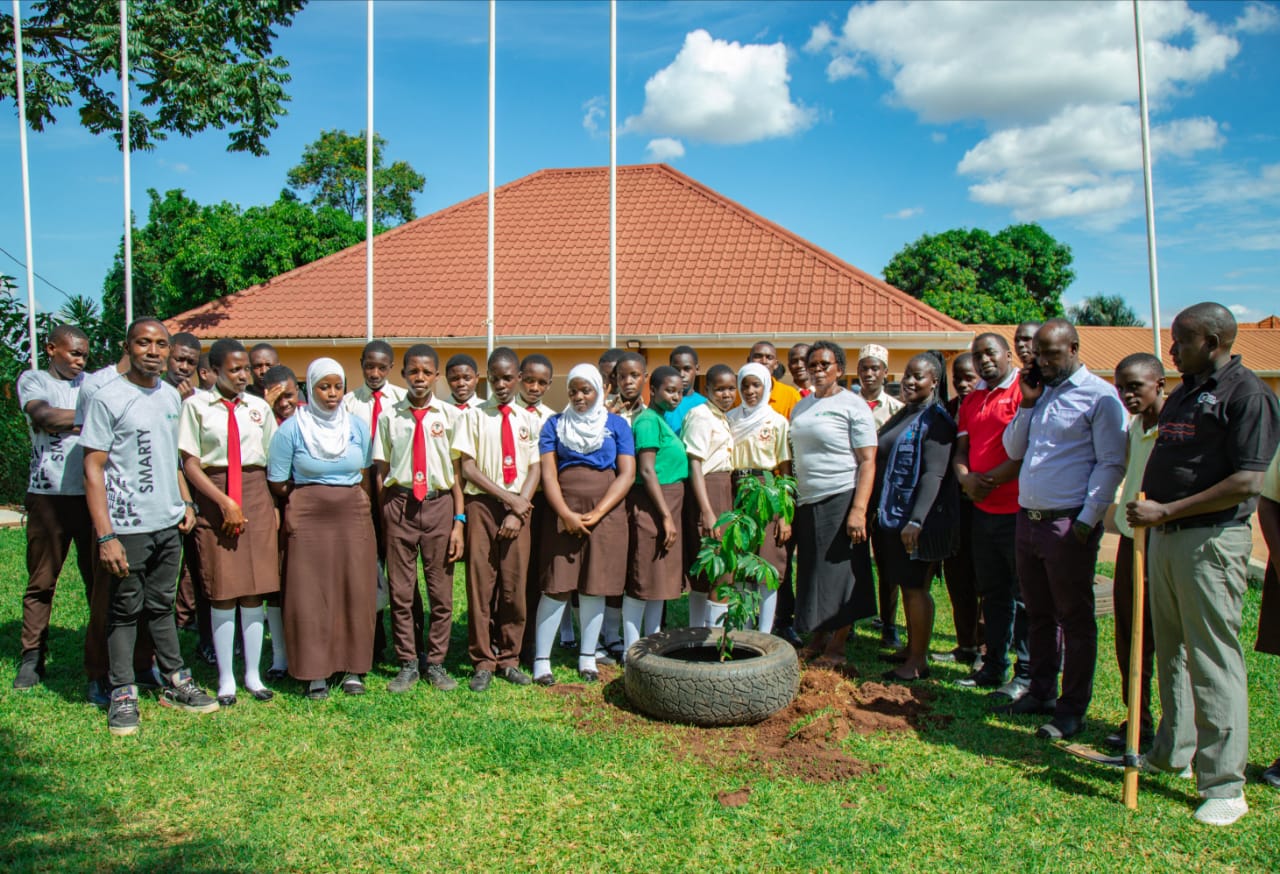Opinion: President Museveni determined to fight corruption
On the 4th of December 2019, Ugandan Head of State H.E President Yoweri Museveni led a four-kilometer Anti-Corruption journey from Constitutional Square to Independence Grounds Kololo with re-commitment of governments fight against corruption in the Country.
All arms of government from the executive, the judiciary and legislature were present and took part in the walk. Government sectors mandated to fight corruption like Inspector General of Government, courts, police, religious institutions and ordinary citizens also joined the President in the walk. The president later launched the Zero Tolerance to Corruption Policy and presented awards to Anti-Corruption Heros.
Keep Reading
All these are signs of his commitment to fighting corruption in the country.
But what is corruption in the first place?. The word corruption is derived from the Latin word “corruptus,” which means “corrupted” and, in legal terms, the abuse of a trusted position in one of the branches of power (executive, legislative and judicial) or in political or other organizations with the intention of obtaining material benefit which is not legally justified.
Corruption is a form of dishonesty or criminal activity undertaken by a person or organization entrusted with a position of authority, often to acquire illicit benefit, or, abuse of entrusted power for one's private gain.
It takes many different forms which include, bribery which is the act of receiving money or other valuable things in exchange for using power or influence in an illegal way, Graft which is the use of power or influence for personal purposes, Extortion or use of threats or violence to get some benefit, Kickbacks or the act of paying commission to a bribe-taker for some service, Cronyism meaning the assignment of unqualified friends or relatives to job positions and Embezzlement or theft of government’s money.
Corruption is a phenomenon which can occur in any country in the world no matter whether the country is poor or prosperous, democratic or authoritarian, big or small. The cost of corruption in the world is estimated at approximately 1 trillion dollars annually worldwide.
This vice undermines democracy and the good name of political institutions and destroys the legitimacy of the state. The economic, political, and social effects of corruption are hard to estimate but the visible impact on nations and communities is devastating.
In Uganda, the National Resistance Movement ten-point program has corruption as number seven, it is stated thus “Elimination of corruption and misuse of power.” Therefore, the anti-corruption walk doesn’t mean that the government just found out about the existence of corruption. It is inherently embedded in the human psyche after all.
However, the anti-corruption walk is aimed at raising awareness to the public who in most cases have sided with corrupt kith and kin branding any efforts to prosecute them a witch-hunt of their own. The same public gives out and receives bribes oblivious of the implications of their actions.
In this regard, the Government has institutions and legal frameworks to fight corruption in Uganda. Among the core of Uganda’s legal anti-corruption framework is the Anti-Corruption Act, the Penal Code, the Inspector of Government Act 2002, the Public Finance Management Act 2015 and the Leadership Code Act 2002 (LCA). These institutions should be empowered and members of the public should aggressively join the fight.
The most prominent of all is the office of the Inspector General of Government that was initially established under a statute in 1988 and later entrenched under chapter 13 after the promulgation of the Uganda Constitution in 1995.
Despite the challenge, Uganda has registered successes in fighting against corruption under the office of the IGG though a lot of work still needs to be done.
IGG investigated and concluded 1,257 complaints. Of these 329 were investigated in Ministries, Departments and Agencies, 928 in Local Governments, 335 were Ombudsman complaints and about UGX 9bn was saved and UGX 1,321,170,481 was recovered from various Public officials and Local Governments and deposited on the IG Asset Recovery Account with Bank of Uganda.
The recently constituted anti-corruption department in the president’s office under Lt. Col Nakalema has added muscle to the fight sending chills into culprits and potential offender’s spines. This may not be enough but with other many examples of recovery, the trend shows it’s possible to curb corruption if everyone is committed and involved fully.
The anti-corruption walk is a noble cause for all Ugandans, it’s an opportunity to stop blaming but time for shaming in order to attain zero tolerance for corruption. Time to end corruption in Uganda is now. President Museveni should be commended for this.
The Writer is a Communication Assistant at Government Citizen Interaction Centre (GCIC), Ministry of ICT and National Guidance.















